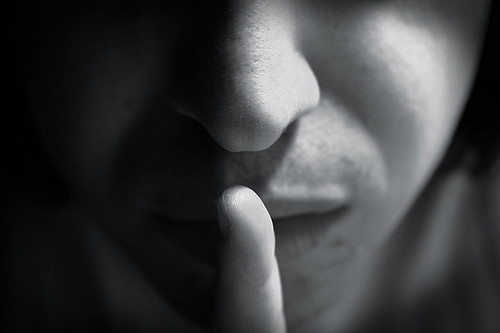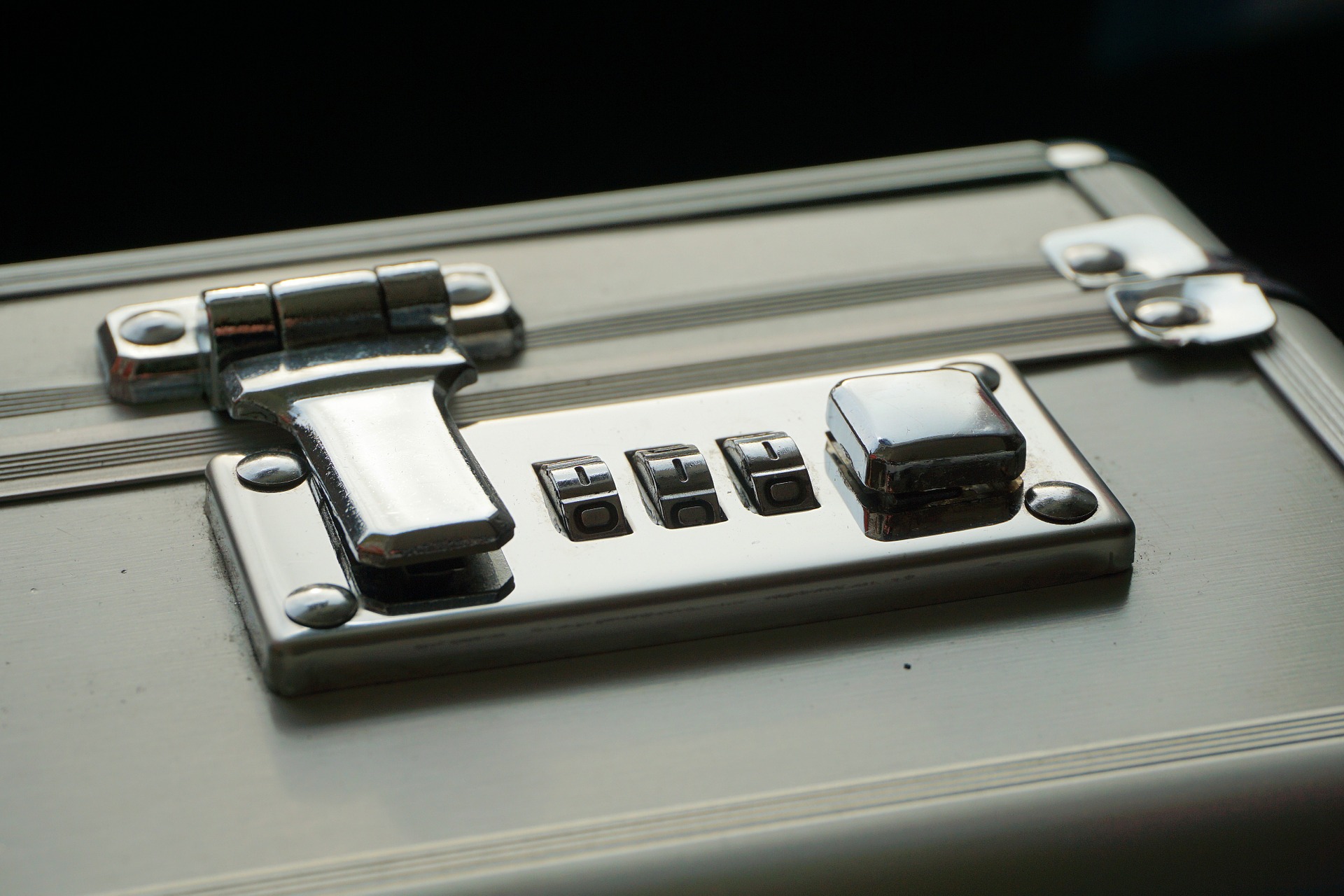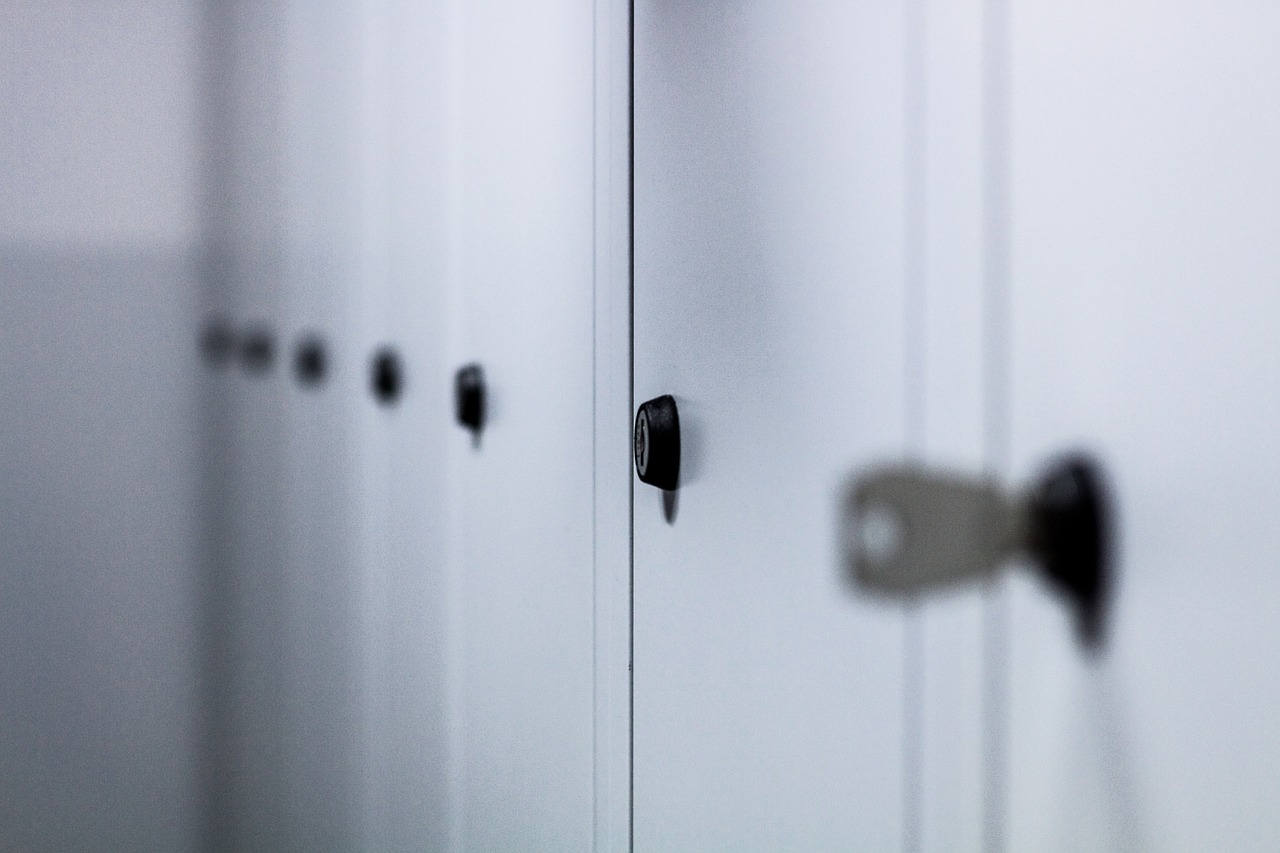Some UK court hearings are happening behind closed doors. Is this a problem for human rights?
The UK’s justice system rests on several important principles, including the principle of ‘open justice’. Openness means that the public generally has an interest in knowing about matters of significance, such as the arguments in and results of trials. This principle dates back to Magna Carta. It ensures fairness and confidence in the whole justice system. Justice is not only done, but seen to be done.
There is another principle of justice that an accused person has the right to know the case against them, so that they can adequately prepare a defence. This is sometimes known as the ‘equality of arms’ principle – meaning that both the person pursuing a claim and the person defending should have equal access to the evidence and arguments in the case.
These principles are not always applied in practice, however. Sometimes the Government claims that the reporting of a trial or the disclosure of information in public would put national security at risk, and that justifies secrecy in certain trials. But when secrecy is introduced, these principles of openness and ‘equality of arms’ are jeopardised.
What are ‘secret trials’?

Not a technical legal term, ‘secret trials’ describe legal proceedings in which either (i) certain elements cannot be reported by the press or (ii) some evidence is kept private from one party (usually the defence).
In 1997, the Special Immigration Appeals Commission (SIAC) was established. SIAC’s reviews decisions to deport people for national security reasons, for example if they are a suspected terrorist. SIAC hearings are often held in private and frequently the person accused is not allowed to hear all the evidence against them.
In such cases, an attempt is made to compensate for the lack of transparency by appointing a person known as a ‘special advocate’ to represent the accused person. The special advocate is a security-vetted lawyer who can review the secret evidence. But, once this evidence has been seen, the special advocate may not discuss it with the person they are representing. This is problematic because it hinders them in building a proper defence and they cannot challenge evidence in the same way they could in a fully ‘open’ trial.
But it’s not just in deportation cases…

In tackling the ‘War on Terror‘, new laws have permitted secret evidence to be used in an increasing number of circumstances.
One such use relates to Terrorism Prevention and Investigation Measures (‘TPIMs’, formerly known as ‘Control Orders’). TPIMs are court orders which severely restrict a person’s liberty by limiting their movements and communications. They were introduced to reduce the risk posed by suspected terrorists who could not be prosecuted or deported.
When they were first imposed in the form of Control Orders, the highest UK court followed guidance from the European Court of Human Rights and declared that suspects must be told the ‘gist’ of the case against them. Where the material given to an accused person contains no more than general assertions, and the true case against them is based solely or decisively on ‘closed materials’, the requirements of a fair trial are not satisfied.
Later, Parliament passed a law – the Justice and Security Act 2013 – which gave the courts a discretion to hear applications for this ‘closed material procedure’ to be used. Under this Act, courts only have to consider providing a summary of the case against the person contained in the closed material.
So that’s secret evidence – What about totally secret hearings?

In 2014, a criminal case was brought against two suspected terrorists. The Government wanted it to be the first criminal trial in British history to be held entirely in secret. A newspaper group challenged this, arguing it was contrary to the fundamental principle of open justice.
The Court of Appeal said that parts of the trial must be heard in public and the accused persons could be named. The Court also said that some journalists would be allowed to attend the parts of the trial that were going to be held in secret, but those journalists were not allowed to publish what they saw and heard.
Why is this a problem for human rights?

The right to a fair trial is protected by Article 6 of the European Convention on Human Rights. Everyone is entitled to a fair and public hearing, but this can be limited in the interests of national security. If the Government wants to introduce secrecy, the courts must decide whether that is possible without breaching the right to a fair trial.
The problem with keeping evidence secret is that an accused person is denied the opportunity to respond to the evidence against them. If the identity of suspects or hearings themselves are secret, the opportunity to scrutinise the trial is also lost. But the justice system relies on the confidence of the public. Without transparency, it is difficult to see how this confidence will be maintained.
Learn more about the right to a fair trial with our infographic poster and our justice resources. For more information on reporting restrictions imposed on the press, see this useful explainer on criminal anonymity.






